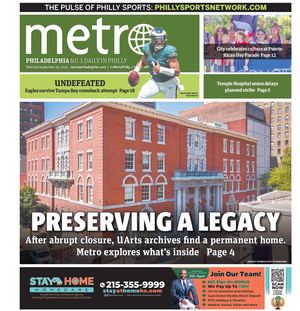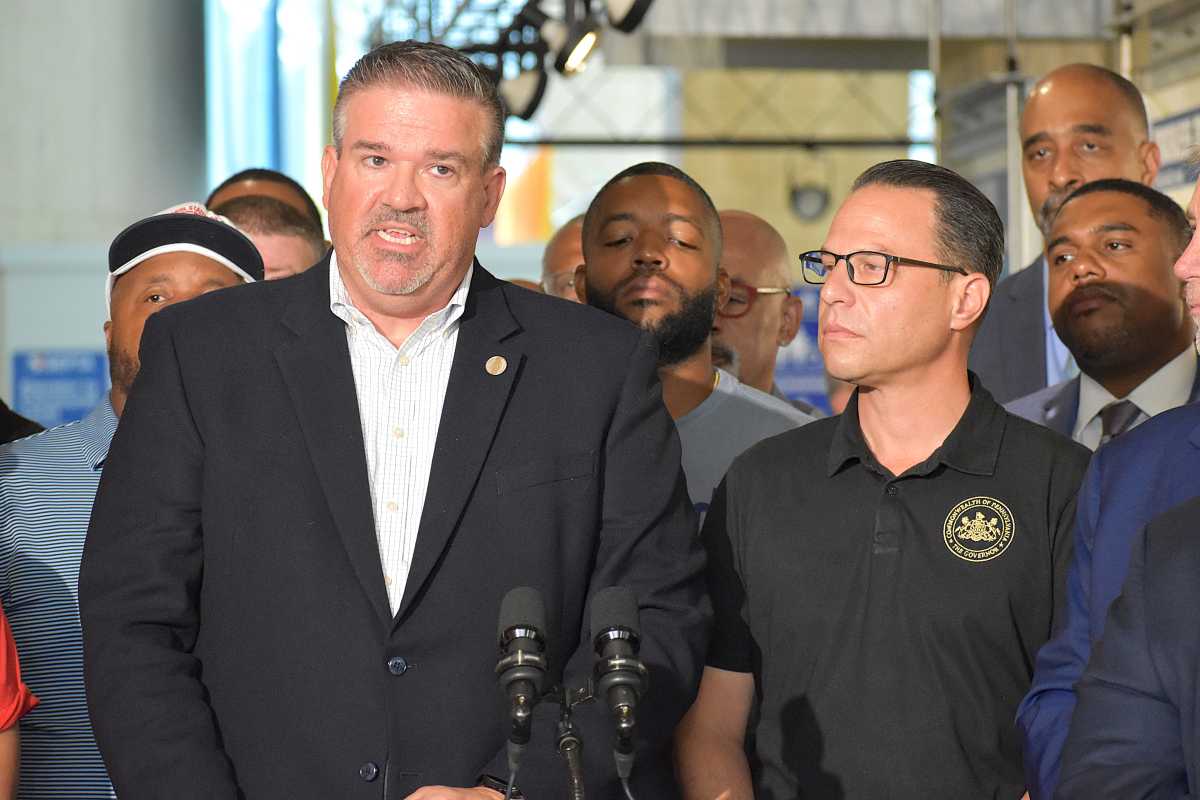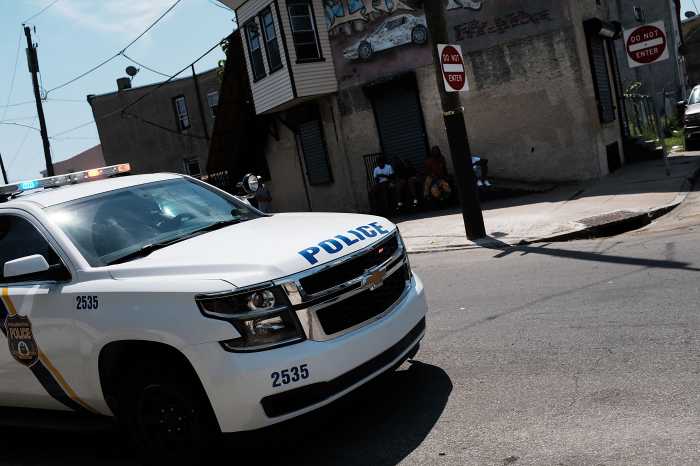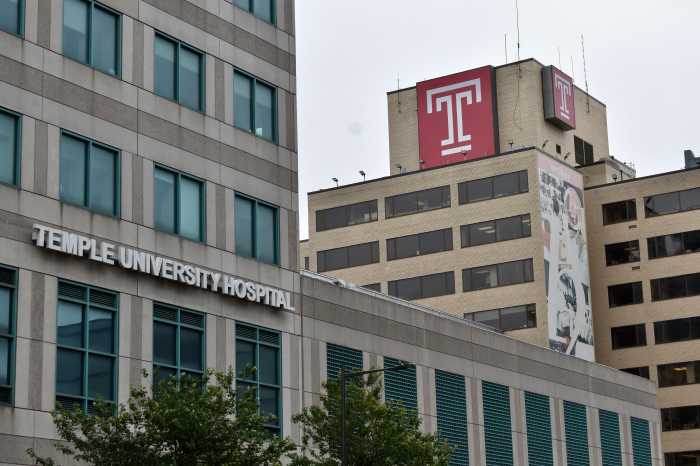The Pennsylvania Department of Transportation, at the direction of Gov. Josh Shapiro, has approved SEPTA’s request to use nearly $400 million in capital funding to undo the cuts implemented late last month, state officials said Monday.
SEPTA intends to use the money to restore the 32 bus routes that were eliminated; the 16 others that were shortened; and the 20% reduction that was applied to all bus and Metro services. Full service is set to resume over a two-day period Sunday, Sept. 14, and Monday, Sept. 15, authority officials said.
Also on Sept. 14, SEPTA will roll out a 21.5% fare hike, raising the base rate for bus, subway and trolley tips to $2.90, up from $2.50.
Detailed timetable and fare information is available on septa.org. Riders are advised to look at schedules that do not have a red bar across the top.
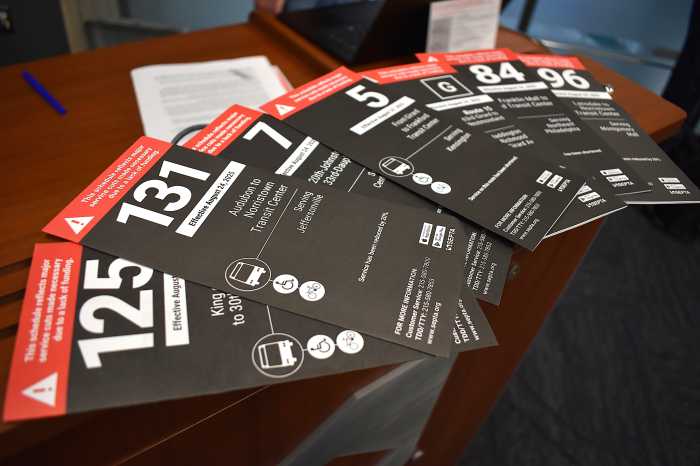
Scott Sauer, the authority’s general manager, has said the funding will allow SEPTA to forgo any service reductions for two years, although it almost guarantees that the yearslong fight for transit funding in Pennsylvania will continue.
“This is not the long-term funding solution we need to address our $213 million budget deficit,” Sauer said in a statement Monday. “But over the last two weeks, we have seen the devastating effects of the service cuts on our customers. Our riders deserve better, and they deserve stability.”
SEPTA announced the decision to seek PennDOT’s permission to use the capital dollars on Friday, one day after a Philadelphia judge ordered SEPTA to reverse all cutbacks associated with the agency’s ‘doomsday’ plan.
Shapiro, in remarks Monday, said he believes the court case and the state Senate GOP majority being “unwilling to pass recurring revenue” led SEPTA to resort to capital dollars, a move PennDOT Secretary Michael Carroll referred to as “both predictable and rueful” in a letter accepting the request.
The Democrat-controlled Pennsylvania House has repeatedly approved legislation devoting a greater share of sales tax revenue to transit systems across the commonwealth, but the proposal never picked up the necessary support in the upper chamber.
“We, along with the Governor and the House Democrats, have been trying to negotiate a solution to the transit crisis over the last three years, and in particular, the last six months,” Senate Democratic Leader Jay Costa, of Allegheny County, said in a statement. “The Senate Republicans are indifferent, even hostile, to the needs of our cities.”
After SEPTA declared its intention to pursue capital dollars to cover its operating expenses, Senate Majority Leader Joe Pittman said lawmakers and Shapiro could have adopted a plan advanced by his caucus in mid-August that would have prevented the authority’s cuts from going into effect.
“There would have been no negative impacts to school children, seniors, and everyone who relies on transit services as part of their daily commutes,” he added.

Shapiro characterized that measure, known as Senate version of House Bill 257, as “entirely different” from SEPTA’s request.
Both pull from the state’s Public Transportation Trust Fund, an account usually used to pay for vehicle replacements, infrastructure projects and other capital costs. However, the Senate Republican plan would have also devoted more than $400 million in PTTF dollars to roads and bridges, the Shapiro administration noted.
In addition, the allocation approved by the governor uses future funding that has not yet been earmarked for any specific purpose, his team said.
Nevertheless, the decision still represents a “tremendous risk” for SEPTA, Sauer told reporters last week, because the authority will not be able to use the money in its long-term plan to address its $10 billion repair backlog.
Sauer, in a letter to PennDOT, said SEPTA does “not believe this one-time deferral of capital projects will jeopardize the safety of riders on the system.”
Shapiro said he thinks the two-year reprieve will give SEPTA leaders – most of whom took over amid the funding crisis – time to implement reforms. As a condition to release the capital dollars, PennDOT is requiring the authority to provide a report every 120 days on its efforts to make the transit system more efficient.
